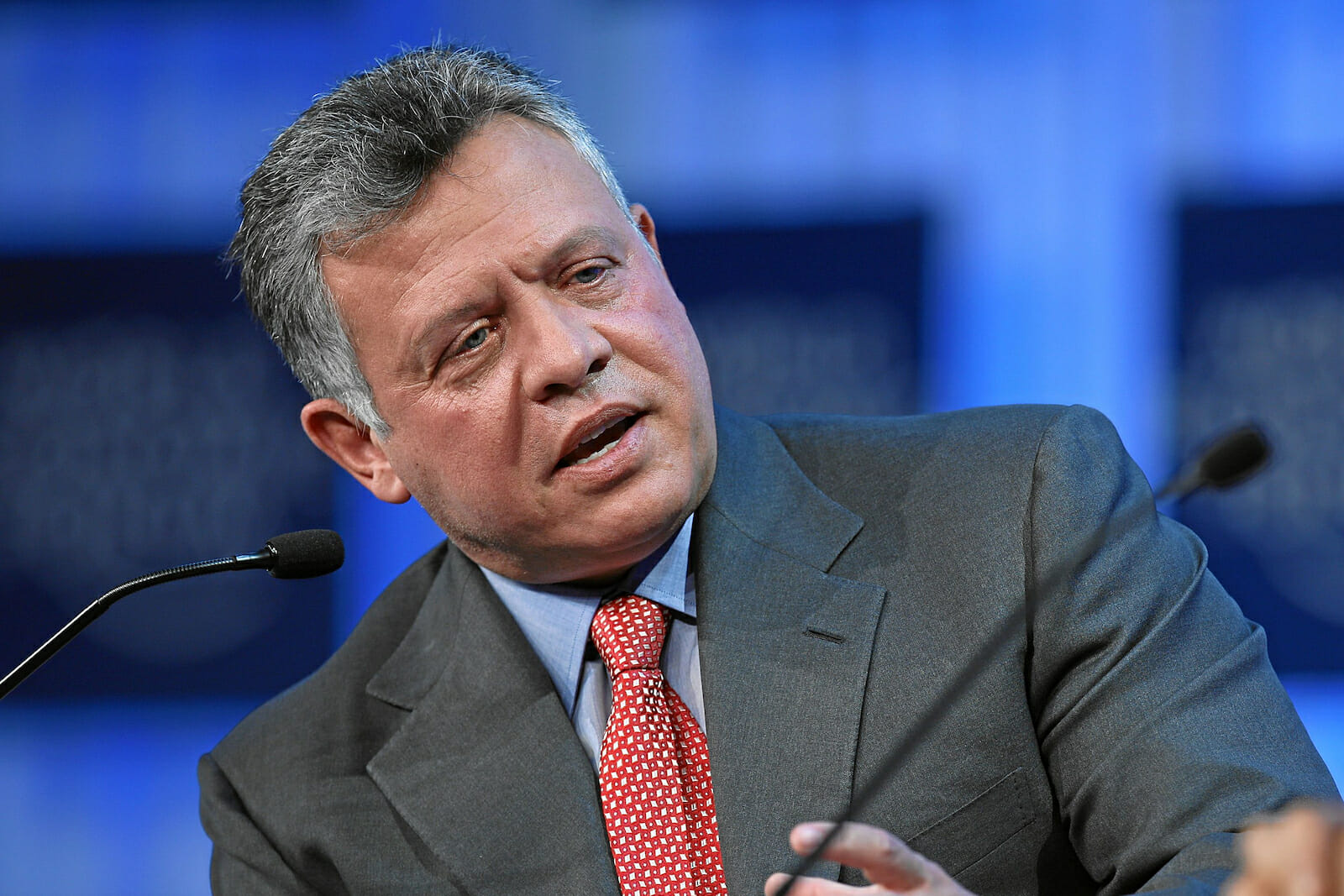
Gimme Shelter: Jordan’s Refugee Past Makes for an Unsure Future
President Barack Obama rounded out his recent visit to the Middle East with a quick stopover in Jordan. Over the course of the Arab Spring, Jordan has remained the peaceful outlier in Middle Eastern politics, but recent events have put that position in grave peril. As governments in Tunisia, Egypt, Libya, Yemen, and Syria underwent violent upheaval or regime transition over the past two and a half years, Jordan has thus far defended itself against all challengers. Surrounded by conflict on all sides – Iraq to its east, Syria to its north, and Israel and Palestine to its west – Jordan now may be rightly viewed as the eye of the storm rather than its safe harbor.
Decades of war have resulted in a deluge of Palestinian, Iraqi, and Syrian refugees taking up residence and valuable resources in the capital, Amman, and across the country. Already lacking sufficient supplies of water and having to import all of their gas and oil, Jordanians are not prepared to spare what little they have, according to the International Monetary Fund. The presence of foreigners has been a problem throughout Jordan’s history and sometimes a serious threat.
As the number of Syrians seeking refuge climbs into the tens of thousands per week, that threat has become obvious to both Jordan’s King Abdullah II and his countrymen. The wave of refugees from Syria has reopened the important question of what makes a true Jordanian – a question that has been at the heart of much of Jordan’s past instability.
Many differentiate between Jordanians from the West Bank and those from the East – a reference to the east and west banks of the Jordan River. The West Bank, in what is now Palestine, was part of the Kingdom of Jordan until the Six Day War in 1967. The Jordanian government maintained nominal control of the area until 1988. Many West Bank Palestinians who fled across the river during the wars of 1948, 1967, and 1973, or the intifadas of 1987 and 2000, have since found themselves stuck in the antechamber of Jordanian hospitality.
Officially, the Jordanian government has treated the permanent refugees from Palestine as “guests” of the state even though they now make up nearly 60 percent of the entire population of 6.5 million. These refugee-guests have been tolerated by the government and given a degree of protection, but are still denied the full rights of East Bank Jordanian citizens. It is common practice for the government to confiscate the passports of Palestinian Jordanians and to deny them certain jobs in the military and civil service. This suspicion of refugees has a long history going back to the Black September Civil War of 1970 during which Jordan’s King Hussein battled Yasser Arafat’s Palestinian Liberation Organization (PLO) for nearly a year.
The struggle, which pitted the long-suffering Palestinian refugees against the native East Bank Jordanian military, represented the culmination of years of internal strife that many in the government attributed directly to the Palestinian “interlopers.” The war left the Jordanian monarchy as well as the Jordanian people extremely suspicious of refugees in large numbers and the political repercussions of harboring them.
Today, the UN estimates the number of Syrian refugees in Jordan at a little over 300,000, though that number is almost certainly on the low side as it does not account for those not registered with aid agencies or the Jordanian government. King Abdullah II today put the figure at 460,000. This is in addition to existing Iraqi refugees, who number around 700,000.
Jordan’s economy is one of the smallest in the Middle East with a GDP of just over $30 billion. Its government is nearly $17 billion in debt and is largely reliant on foreign aid. Revolutions and war on its borders have driven tourists away from its moneymaking tourist attractions. Refugees on the order of tens of thousands per week have placed a burden on a country unable to cope. The international community has been slow to provide more help. Anthony Lake, executive director of the United Nations Children’s Fund, or UNICEF, has said regarding international efforts to help Syrian refugees in Jordan, “If we don’t help, with much greater attention to the burden being placed on governments here and the local communities, then you could see over time more difficulties in the surrounding countries, which will have an impact on the whole region.”
King Abdullah II said, “What we are facing now today obviously is an urgent need for the international community to help in humanitarian assistance to catch up with the challenges we are facing as countries bordering Syria.”
Competition for scarce resources such as employment, health care, and education has put a great strain on an already weak government. Youth unemployment stands at over 20 percent, and, despite Abdullah II’s economic and political reforms of the past two years, the King and his government are still widely unpopular in some circles. A recent report by Chatham House, a UK-based think tank, remarked, “The potential for the destabilization of Jordan grows with every refugee crossing its border.”
President Obama left Jordan with a promise to work with the US Congress to provide $200 million to the embattled kingdom as fears that Syrian desperation coupled with Jordanian distrust may soon lead to violence. The stability of the Jordanian state in the coming months will depend largely on how it treats the growing problem of Syrian refugees with little help, limited resources, and a history of suspicion on all sides. Though much of the concern recently has focused on the problems within Syria, the case of Jordan demonstrates just how vulnerable its neighbors are.

